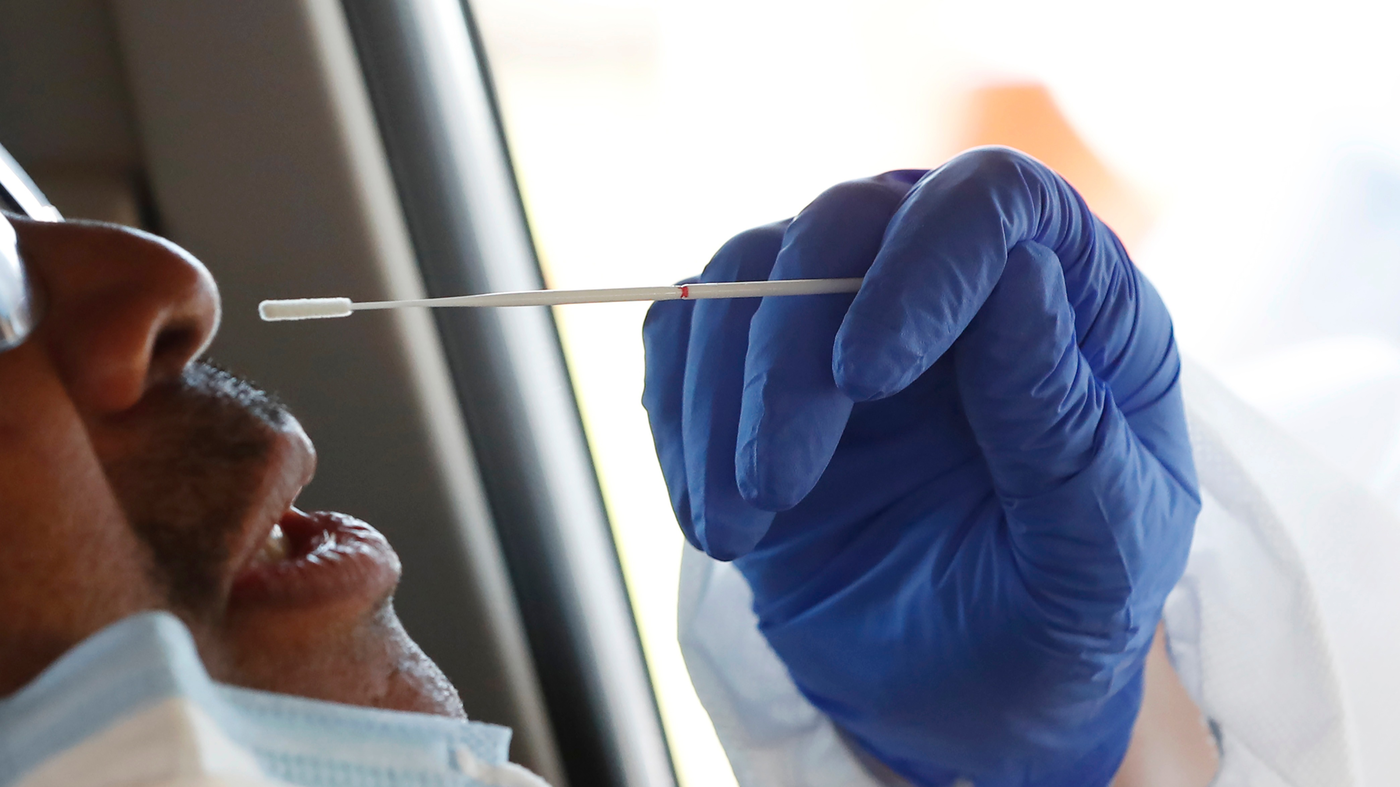Verdict: misleading
A medical dictionary defines false positive as a result that indicates that a given condition is present when it is not while a false negative is a test result that erroneously excludes someone from a specific diagnostic or reference group.
A Polymerase Chain Reaction (PCR) test is performed to detect genetic material from a specific organism, such as a virus.
“The test detects the presence of a virus if you are infected at the time of the test. The test could also detect fragments of the virus even after you no longer infected,” according to the Cleveland Clinic.
“A PCR test for Covid-19 is a test used to diagnose people who are currently infected with SARS-coV-2, which is the ‘ gold standard’ test for diagnosing Covid-19 because it’s the most accurate and reliable test.”
In addition, acting clinical director at Mpilo Hospital, Dr Xolani Ndlovu said PCR tests are more prone to false negatives than false positives.
“The PCR tests are not for viral loads but are prone to false negatives rather than false positives. The positive predictive value is quite high,” said Dr Ndlovu.
“When you do a PCR test and it comes out positive, it means you can be pretty confident that the person really is positive, however, the sensitivity of the test is not that high, so sensitivity is around 70 percent so meaning that if you were to take 100 people that you definitely know have Covid-19 and do the PCR test on them, you would probably have positive tests of about 70 of them, the other 30 would be false negatives.
Dr Ndlovu
“So the PCR test, the positives are pretty certain that it is positive, it’s the negatives that you may be then want to do a repeat test later because there are a lot of things that may make a person negative, from the way a sample was collected, the timing of the sample collection, maybe the person was at the window period etc,” he said.

